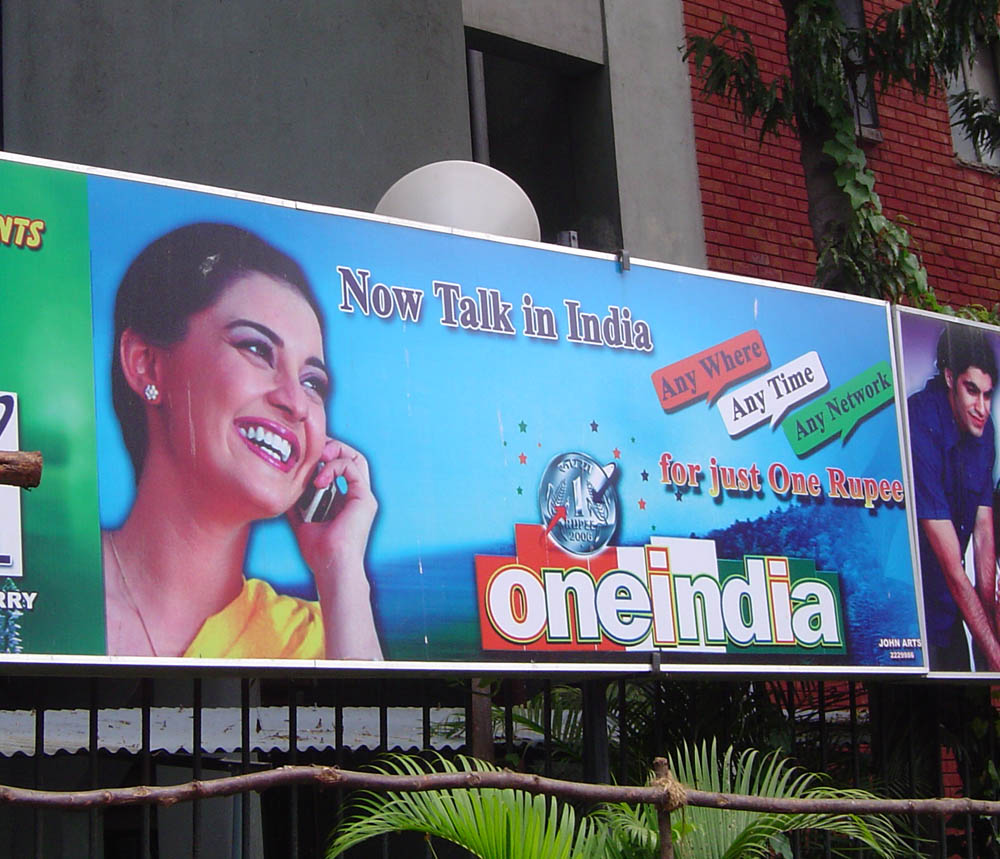By Ashley Mannes FrontlineSMS was recently included in an academic paper, written by Ashley Mannes, of Georgetown University, USA, and titled ‘Interoperable Technologies in International Development: Access to FrontlineSMS.’ In the below guest post, Ashley introduces the main themes of her paper and what compelled her to write about FrontlineSMS:
"When I first got the opportunity to travel to different parts of the world, I began to understand and appreciate the beauty and unique qualities of the cultures that unite our global community. My interest in development flourished during my master’s degree program in Communication, Culture, and Technology at Georgetown University. The program helped me to realize that a great opportunity is provided by today’s technologies; to communicate with and connect to cultures and climates that once seemed so distant. In this manner, I discovered the work of organizations like FrontlineSMS that are using technology to help people to connect and communicate across the world.
I actually came across FrontlineSMS by chance, as I was preparing to write a paper on Networks and International Development. I knew I wanted to explore how open lines of communication and access to technology were helping NGOs connect with local communities in order to give them a more global voice, and it was when I began searching for organizations with this type of a mission that I discovered FrontlineSMS. Through my research I saw how technology was positively impacting local NGOs and communities around the world due to FrontlineSMS’ work. Therefore, it seemed ideal to focus on FrontlineSMS as the case study for my paper.
I chose the title Interoperable Technologies in International Development: Access to FrontlineSMS to tie together ideas of access to technology and economic development. My paper explores the “bottom billion”, an idea proposed by Paul Collier that addresses the specific needs of the populations of least developed nations that have been left out of the discussion, and the struggle to prosper in today’s economic climate. I suggest that in order for these countries to rise from the “bottom”, they must build upon their own bonding capital and reciprocity in order to use the communication networks that are available to them.
In this sense, struggling nations must focus on the local connections that they have in order to expand their voices to a more global platform. I stress that new technologies, such as mobile phones, are fostering much more crosscutting communication; these new technologies have the ability and potential to aid development goals and economic activities. However, in order to take advantage of these new technologies, these networks must be interoperable and open.
FrontlineSMS is utilizing both the technology of mobile phones and the networks of communities to spread information, communicate, and affect lasting change. I focused on two case studies in particular to demonstrate how FrontlineSMS can be flexible and accessible technology, used by NGOs to accomplish both their local and global missions. In Pakistan, for example, the global NGO, the International Organisation for Migration is using FrontlineSMS software to send mass text messages of health and sanitation information to countless displaced refugees who need this information to remain safe and healthy during natural disasters. The ability of these NGOs to access this technology and reach out to local Pakistani citizens through text messages is a huge step for development, and one that allows for an open line of communication with those who may need it most.
The second case study I looked at focused on the response to the HIV/AIDS epidemic in the Hubli-Dharwad district of India. Here FrontlineSMS was utilized to connect a network of development groups to the local sex-workers infected by, or at-risk of contracting, HIV/AIDS. The FrontlineSMS data collection tool FrontlineForms allowed field workers to quickly collect important information on their mobile phones and export it to their headquarters to be gathered and documented for further development purposes. Interoperable technologies have helped development practitioners collect more information faster and more easily.
It has become clear that openness and flexibility are necessary components of technologies that can help to successfully promote development. Access to technologies that harness the network capability of a common mobile phone can provide the needed link and physical line of communication to isolated communities. Interoperable technologies can be used to network a group of development practitioners or to distribute mass amounts of information and assistance to a local community. They can be used to collect information in the field or to simply communicate between individuals.
Regardless of the manner in which the technology is utilized, the accessibility of this technology can help to open up a path of communication between the local and global, ultimately building social capital at the local level and cultivating a more global sense of capital and reciprocity through working together and expanding these development networks. I enjoyed exploring how FrontlineSMS is helping communities and NGOs to interact, and hope that I have done justice to this in my paper."
Read Ashley’s paper here - Interoperable Technologies in International Development.


